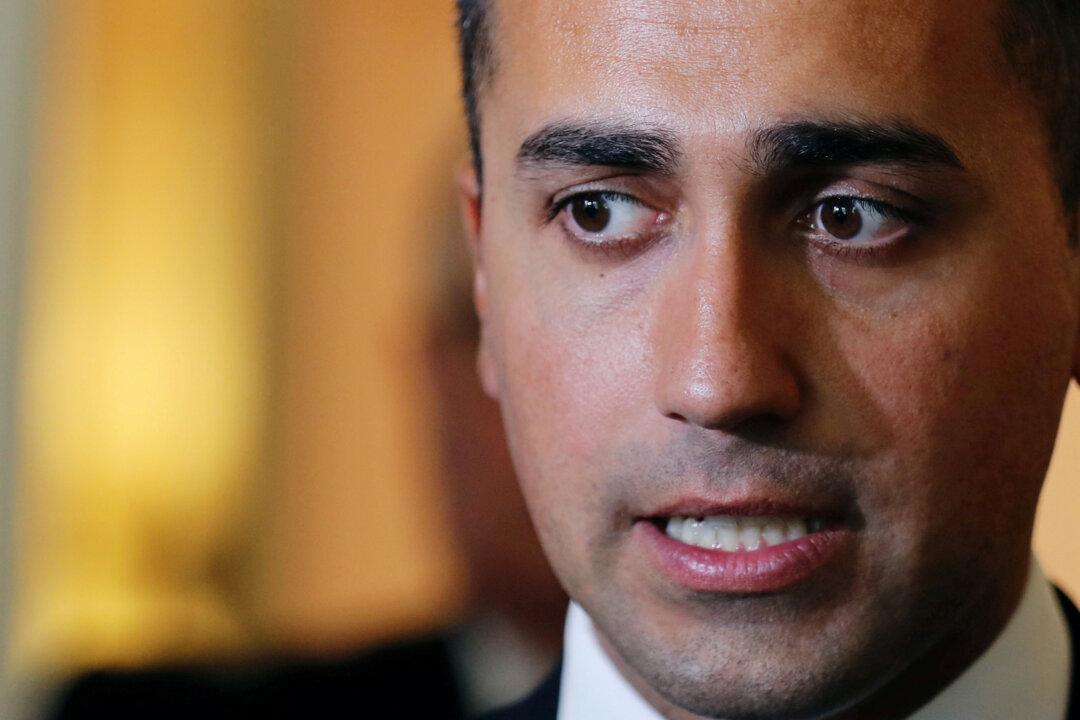MARINA DI PIETRASANTA, Italy—Italy’s populist government will make a “historic choice” between what citizens need and what ratings agencies say should be done, the deputy prime minister said on Sept. 2, responding to Fitch’s cutting the outlook on Italian debt.
Fitch on Aug. 31 changed the outlook on the world’s third-largest pile of state borrowing to “negative” from “stable”, citing concerns about the government’s “new and untested nature” and its promises to hike spending.





